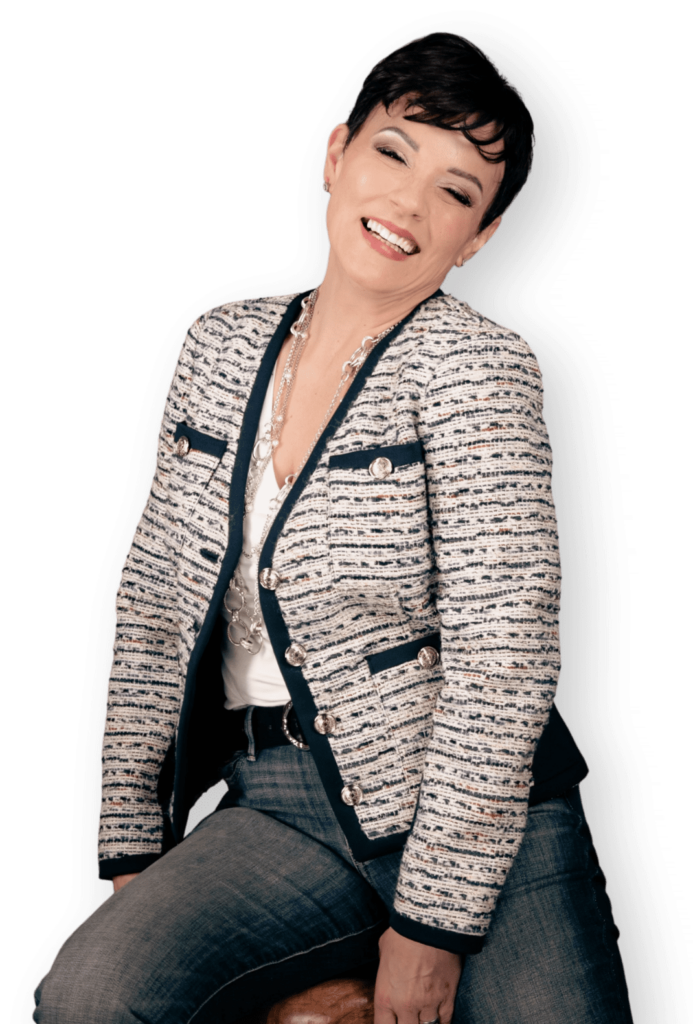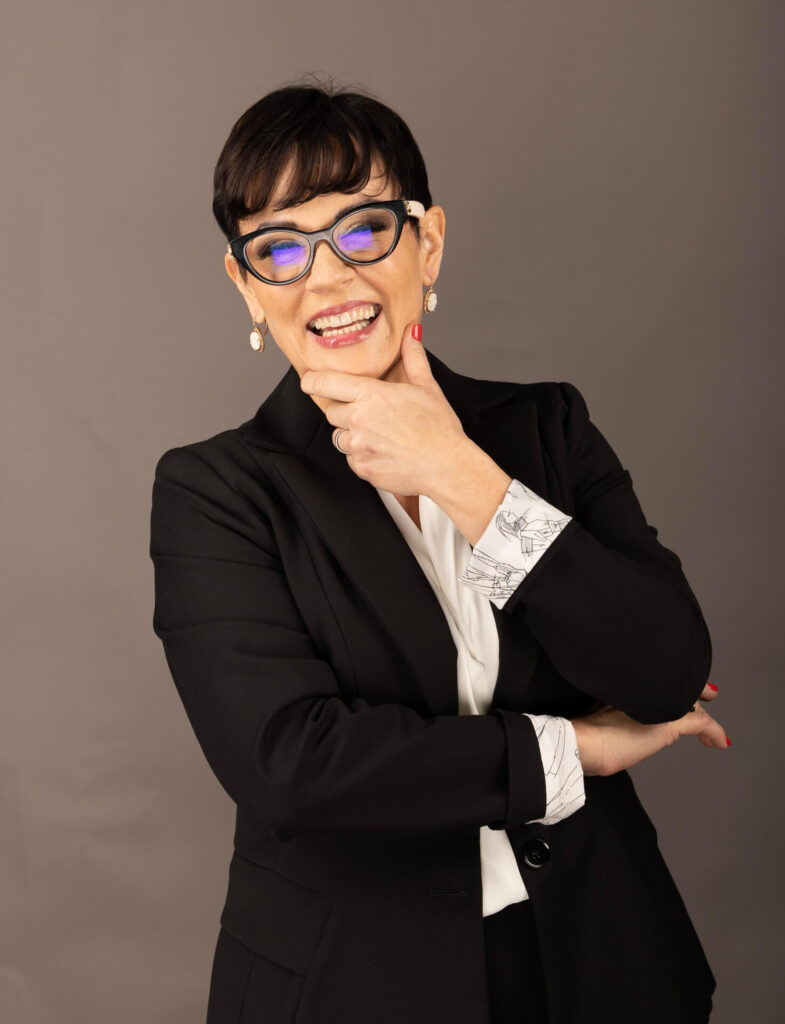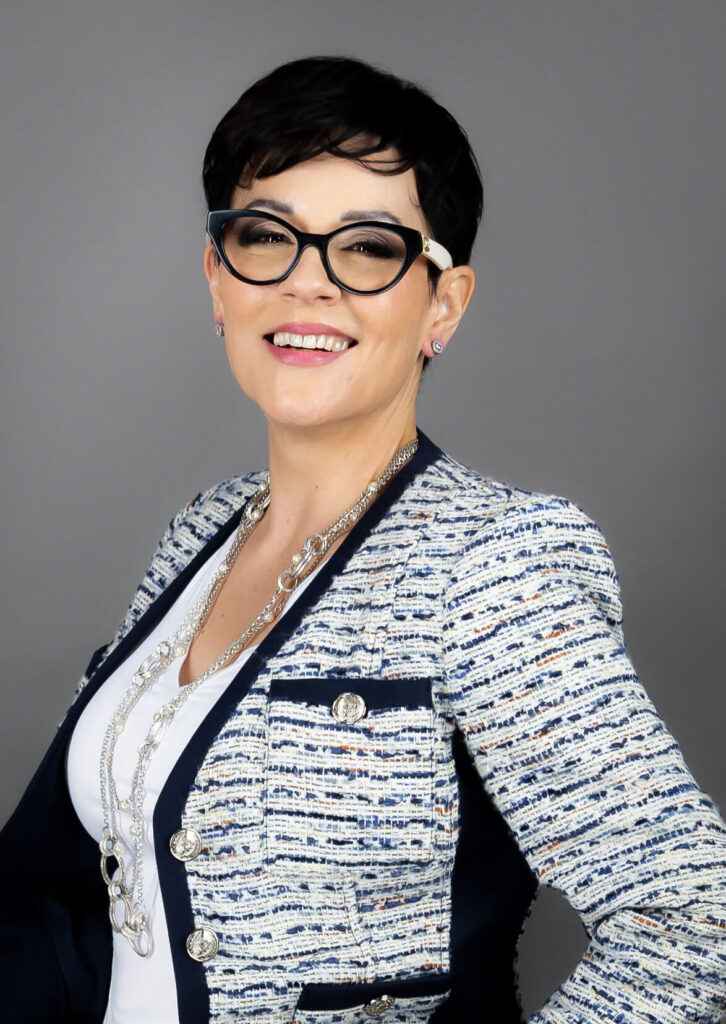As an intercultural trainer and U.S. country expert, I show people how to succeed in the U.S. and feel at ease—or collaborate effortlessly and do business with Americans across borders.


Because I’ve met so many people who come to the U.S. with big goals but fall short of what they imagined. Who feel discouraged because things work so differently than they expected. Who want to make an impact in an American company but struggle to gain acceptance. Who, aside from maybe other expats, find it hard to truly connect. Entrepreneurs who end up closing their U.S. operations because their successful product from back home isn’t working in the American market. Team players who work with Americans from abroad and feel repeatedly puzzled or frustrated by the behavior of their U.S. colleagues or business partners.
And all of them? Brilliant, ambitious people with the best intentions.
When I moved to the U.S., I made the same mistake most people do: I completely underestimated the differences between my home country and the U.S. And I overestimated how much I actually knew about American culture. At that point, I’d already spent two years in the U.S. through an exchange program, internships, and travel. I thought I had a pretty good idea of how things worked. Looking back now, I can’t help but chuckle.
I learned how work and everyday life function in the U.S. over the years—and through plenty of awkward moments along the way. Along that journey, I met many people from other countries who had similar experiences. What I didn’t realize for the longest time, though, was that I was still missing a crucial puzzle piece.
Later, I worked for an international company and regularly witnessed the challenges employees faced due to the many cultural differences—both big and small—between locations. Expat assignees transferred to the U.S. from their home country often tried to implement their usual working styles and methods in the American office, only to meet resistance. Cross-location projects frequently ran into misunderstandings between team members. At headquarters overseas, people were frustrated when standardized measures weren’t being followed consistently at every location. Instead, some teams secretly did their own thing. Overall, there was a lot of frustration.
One day, as I sat at my desk, I thought, “Isn’t there someone who could come in and explain these cultural differences to people?” I did a quick Google search—and sure enough, there was! They called themselves “intercultural trainers.” My supervisor was on board, and we organized our first intercultural training.
After 10 years in the U.S., I never imagined I’d need intercultural training—but of course, I was curious to see what it was all about. And wow, was I blown away: it was like a lightbulb went off above my head. Suddenly, I didn’t just understand how things worked in the U.S., but I finally understood why they were the way they were. All those cultural differences and “quirks” of Americans suddenly made sense. And, they became so much easier to accept.
I had found the missing piece of the puzzle!
It became clear to me: Anyone who moves abroad or works with people from other cultures needs intercultural training. And I decided: I want to share the knowledge and understanding I gained from this training with others.
In 2017, I founded A Pond Apart and since then, I’ve been constantly learning and evolving in the fields of culture, intercultural relations, and training. Since 2020, I’ve been certified, helping people make their American Dream a reality.
I like to dig deep. Because then you don’t just know—you truly understand—and can apply that knowledge.
That’s why, in my training and coaching sessions, we don’t just run through lists of do’s and don’ts. Instead, we do a deep dive beneath the surface: everything that plays out on the surface of a culture is rooted in the values and norms beneath it.
You’ll come to understand the American values and norms as a system, and how they show up in everyday life and work. This will enable you to correctly interpret American behaviors and communication.
We’ll go one step further and explore how these values and norms were formed, and why many of them differ from the values and norms of your own culture. You’ll recognize that the differences are a logical result of various factors, which will make it easier for you to accept and respect the “otherness” of Americans.
You’ll understand how to adapt to American values and norms in a way that helps you achieve your goals in the U.S. (without giving up your own cultural identity).
The great thing is: The basic principles of the value and norm system and its effects apply to all cultures. So, not only will this help you in your interactions with Americans, but also with any other cultures you deal with.
My training is completely tailored to you, your professional or business role, and your current cultural knowledge. Everything you learn is relevant and immediately applicable, whether you’re working and living in the U.S. or collaborating or doing business with Americans across borders.
Why wait? Schedule your free intro call now! Tell me about your American Dream, and I’ll share how I can help you get there.
Isn’t life so much easier when we understand each other, share the highs and lows, and know how to accept and forgive?
As a child, I was taught, “It’s important to be good at what you do.” That lesson really stuck with me.
“He who laughs, lasts longer.” Studies back that up.
Abschlusstitel
Ausbildungsinstitut
01/2024 – 12/2024
Abschlusstitel
Ausbildungsinstitut
01/2024 – 12/2024
Abschlusstitel
Ausbildungsinstitut
01/2024 – 12/2024
Je nach dem wie lang Deine Zeilen sind und wie viel Du hier nennen willst, könntest Du sie auch wie folgt anordnen:
Abschlusstitel
Ausbildungsinstitut
01/2024 – 12/2024
Abschlusstitel
Ausbildungsinstitut
01/2024 – 12/2024
Abschlusstitel
Ausbildungsinstitut
01/2024 – 12/2024
Abschlusstitel
Ausbildungsinstitut
01/2024 – 12/2024

The tennis court is my happy place.
When I stepped barefoot into a fresh cow patty at age 3, I told my horrified Mom, "Mommy, if only you knew how warm this is!"
Ever since I was a kid, my favorite comfort food has been Spaghetti Bolognese.
My favorite vices are red wine and frozen margaritas.
My three favorite movies are Frida, Ferris Bueller's Day Off und Heat.
Summer, sunshine and water—that's my ultimate bliss.
Two summers ago, I discovered wakeboarding—the perfect complement to "summer, sunshine, and water"!
I can't imagine life without dogs. Right now, we have three: Hank, Xena, and Blu.
As a teenager, I had 15 pen pals from all over the world. I was on a quest to learn how people my age lived in other places.
I've experienced earthquakes in three different U.S. states: in California, Arizona, and Pennsylvania.
Schedule your free intro call now and take off in the USA!